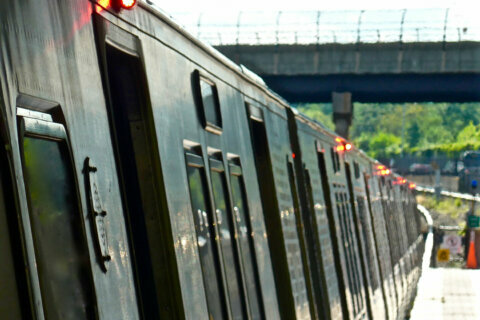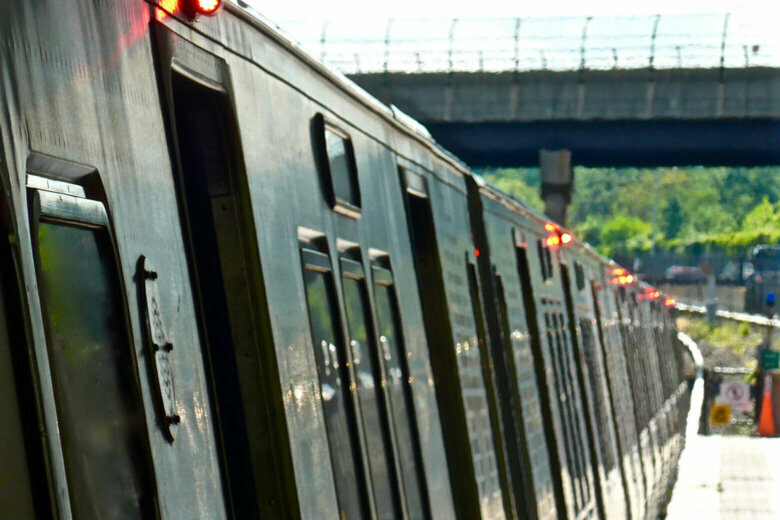
Four Washington Metro stations reopened for regular service Tuesday morning after a monthslong closure to replace aging outdoor platforms and enhance safety features for commuters.
The Greenbelt, College Park, Prince George’s Plaza and West Hyattsville stations on the Yellow and Green lines have been closed since late May for restoration work under Metro’s $15.5 billion, 10-year Capital Improvement Program.
Free replacement shuttle buses ended Tuesday as the stations resumed service. The Kiss and Ride lot at Fort Totten will be closed through Sunday for meter replacement and re-striping.
“Metro’s aggressive capital program is making the system safer and more reliable for the entire region, and we’re now just three stations away from completing our goal of rebuilding 20 outdoor stations in need of these critical repairs,” Metro General Manager Paul Wiedefeld said in a news release.
Passengers will notice rebuilt platforms, slip-resistant tiles, brighter LED lighting, illuminated handrails and stainless steel platform shelters with charging ports and digital information signage.
Faregates at the four stations have been swapped out for the more modern versions Metro seeks to install systemwide. Because outdated chip technology will not work with the new gates, anyone with a SmarTrip card purchased before 2012 will need to get a new one or switch to a mobile wallet.
Scheduled platform improvement will continue next summer with similar work at Cheverly, Landover and New Carrollton stations — the final three of the project’s 20 platforms targeted for reconstruction.
Resumption of end-to-end service on the Green and Yellow lines comes days after Metro expanded train and bus service in an effort to boost ridership as people return to offices and schools. Weekend fares also have been reduced.
On a related note, Metro’s new COVID-19 policy takes effect Tuesday. Employees will either need to be vaccinated or get tested weekly.
Wiedefeld said anyone not complying will either be fired or disciplined.
The testing requirement is similar to those required by the District, Maryland and Virginia, but it’s still not clear who would be responsible for paying for the tests.
Fewer than half of Metro employees are currently vaccinated, and that falls short of WMATA’s goal of having 70% of its workers vaccinated.









